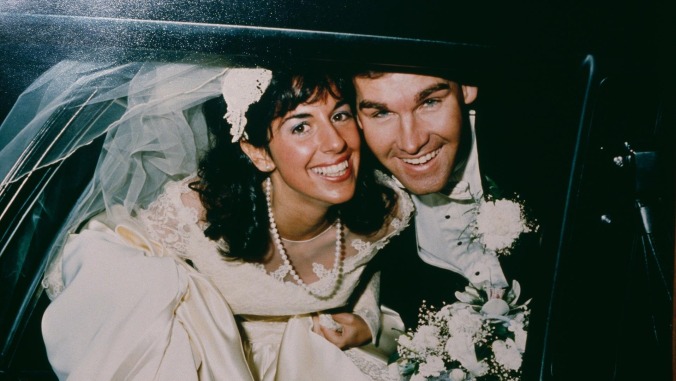HBO's Murder In Boston is an essential, if spotty, docuseries
By revisiting a 1989 homicide, director Jason Hehir tackles the city's racism

Murder In Boston: Roots, Rampage & Reckoning zooms in on a homicide that took place in October 1989. An obvious yet remarkable takeaway from examining the investigation more than 30 years later, is that it’s a relevant summation of the current political, socioeconomic, and cultural climate. This alone makes the three-part HBO docuseries, which premiered December 4, a vital effort despite some overarching pitfalls. The show can get frustrating, but don’t let that stop you from watching as it unapologetically unmasks the city’s—and by extension, the country’s—issues with endemic racism.
The three episodes feel fragmented, if viewed solely through the true-crime lens. The series doesn’t offer new insights into why exactly (spoiler alert) Charles Stuart killed his pregnant wife, Carol, besides the obvious: marital issues, life insurance policy, etc. The two were driving home from a child birthing class when he fatally shot her, then used the gun to injure himself to avoid suspicion. Charles called 911 (the docuseries opens with this drastic phone conversation) and lied about a Black man carjacking the couple, blaming it all on a person he invented. And barely anyone balked. Without questioning him, authorities went on a devastating manhunt for a made-up culprit, causing innocent people to suffer very real consequences.
The docuseries devotes only part of its final hour to critical aspects like Charles’ motive, accomplices, relationship history, and family background. It’s difficult to gauge these angles with both Charles and Carol deceased, but Murder In Boston doesn’t effectively explore them in other ways either. It makes the whole thing feel unsatisfactory. Then again, it’s clear we aren’t operating on a gripping true-crime level anyway—we’re going deeper than that.
Directed by Jason Hehir (The Last Dance), Murder In Boston tries to dig into the circumstances after Carol’s death, like the immense media attention and pressure, and how the police harassed and attacked Boston neighborhoods with a heavy Black population like Mission Hill and Roxbury. Interviews with cops, journalists, politicians, residents, and various family members dissect the prevalent racial bias in the city’s government and legal system that allowed Charles to get away with his crime for months. To say the nitty gritty details will leave you infuriated is an understatement.
